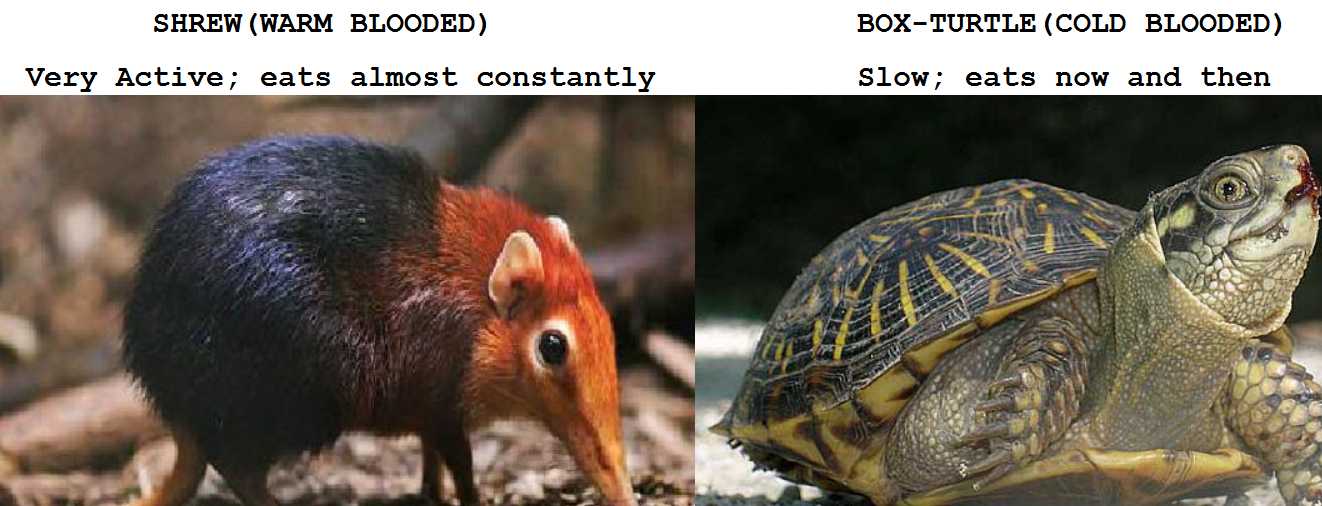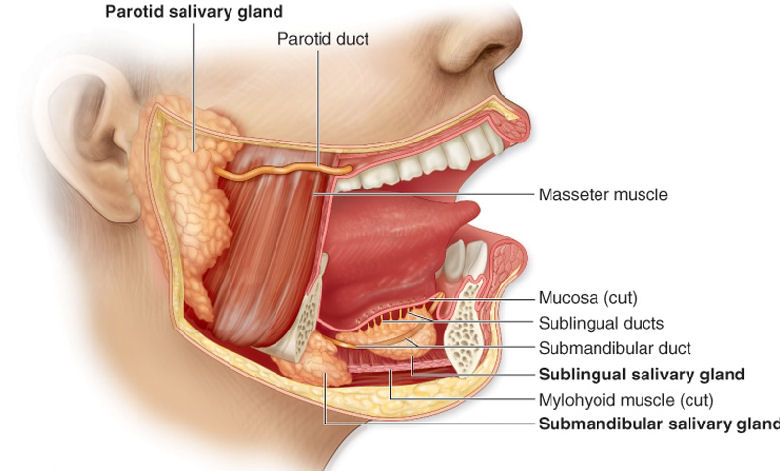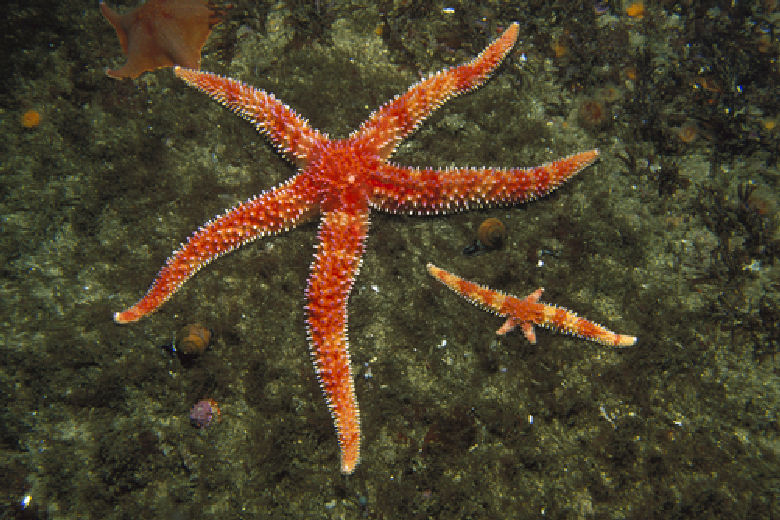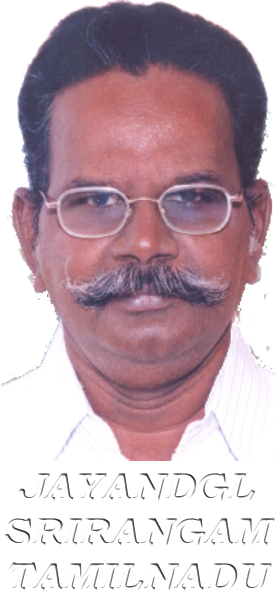216.WHAT MAKES US FEEL HUNGRY?
The feeling of hunger is a message sent to your brain by your body The message is that nutritive materials are missing from the blood Let’s see how this happens.
Our bodies and those of all living things must maintain a state of metabolic equilibrium. This means there has to be a certain balance and control over our intake of fuel and its use. To regulate our body weight we have thirst, hunger, and appetite.
In the brain we have a hunger center. It acts like a brake on the activities of the stomach and intestines. When the blood has sufficient nutritive materials, the hunger center stops the activities of the stomach and intestines. But when there is a lack of nutrition, the intestines and stomach become active. That’s why you can hear your stomach rumbling when you’re hungry.
But hunger itself has nothing to do with an empty stomach. For example, a person who is feverish may have an empty stomach but not feel hungry. His body uses up its protein supplies and feeds itself from within.
When you feel hungry, your body is crying out for fuel—any kind of fuel. A really hungry person will eat any kind of food. It is your appetite that sees to it that you choose the mixed diet that your body requires. For example, when a man sits down to dinner, one bowl of soup may be all the soup he wants. Then he goes on to meat and vegetables. When he’s had enough of these, he may go on to dessert, cake, coffee. But it would be pretty hard for him to eat this same quantity of food if it all consisted of potatoes!
How long a living creature can go without food depends on its metabolism. Warm-blooded animals have a more active metabolism, and so use up their store of fuel more rapidly. The smaller and more active the animal, the more rapidly it uses up its food supplies.
215.WHAT IS SALIVA?
Concentrate right now and imagine that you are about to eat a lemon. Think of yourself biting into this lemon. Do you feel the saliva beginning to flow?
This is one of the interesting things about our salivary glands. They don’t function mechanically, but are subject to the control of the brain. There are three pairs of salivary glands. One is in front of the ear, one under the tongue, and one under the lower jaw.
214.WHAT IS REGENERATION?
Wouldn’t it be wonderful if people who lost an arm or a leg or even a finger in an accident could simply grow another one in its place? Human beings can’t do this, but there are living creatures who can! The process by which such organisms can replace structures or organs is called regeneration.
Regeneration varies quite a bit among these creatures. For example, in certain types of worms and in starfish, a tiny part of the body can restore the whole organism. If only a small piece is left, a whole new body will grow!




